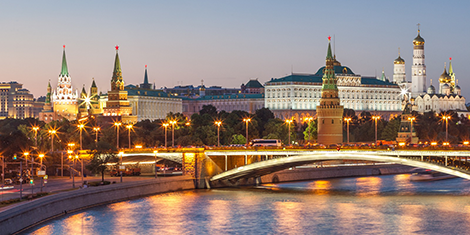 Image courtesy of Kristof Rixmann/DVIDS.
Image courtesy of Kristof Rixmann/DVIDS.
This blog belongs to the CSS’ coronavirus blog series, which forms a part of the center’s analysis of the security policy implications of the coronavirus crisis. See the CSS special theme page on the coronavirus for more.
Although the coronavirus pandemic did not trigger a transatlantic response, NATO found relevance in support of the civilian response: airlifting medical equipment and countering disinformation. The pandemic gives Allies renewed impetus to strengthen resilience and NATO to complement the national efforts in doing so.




